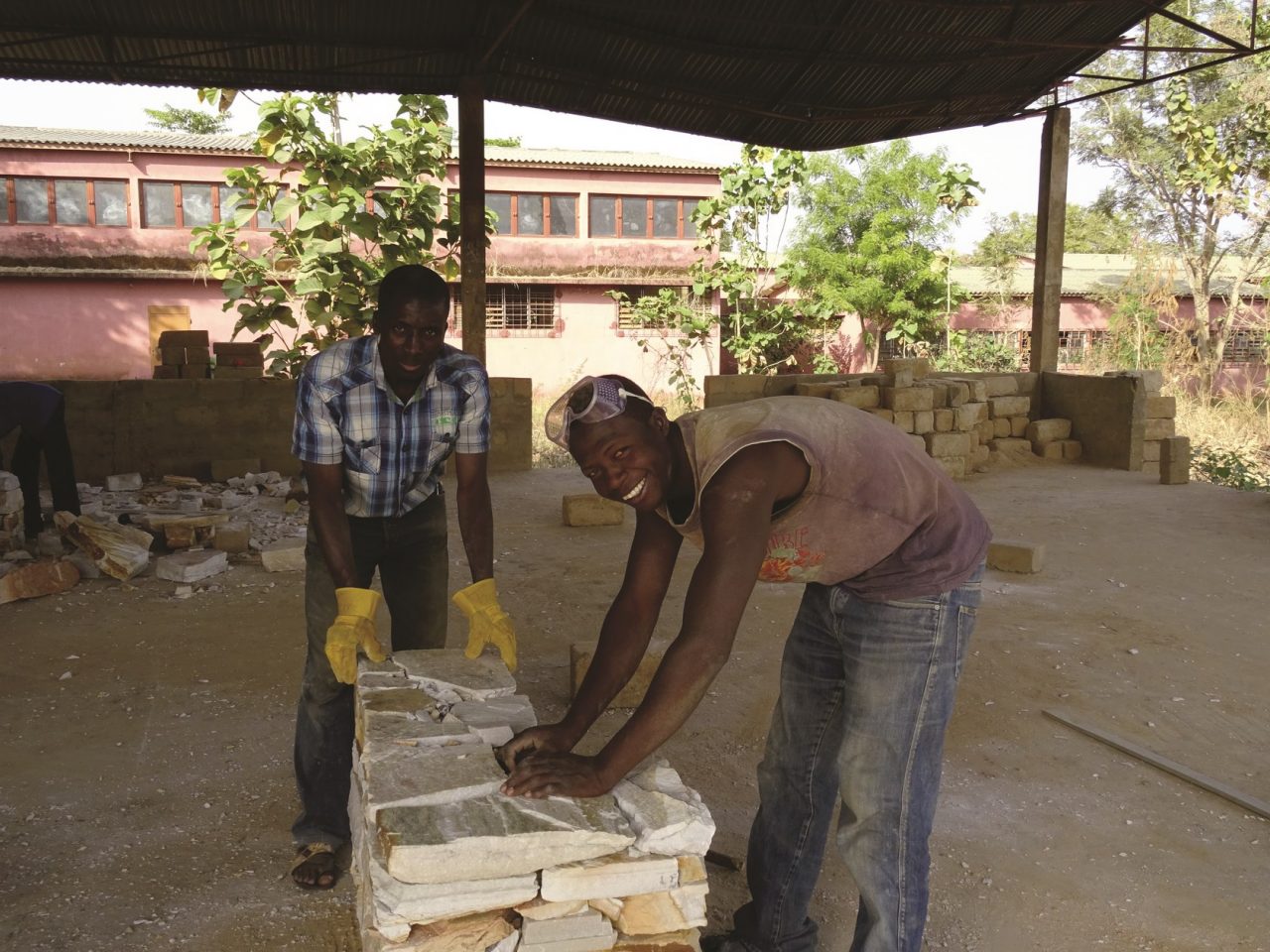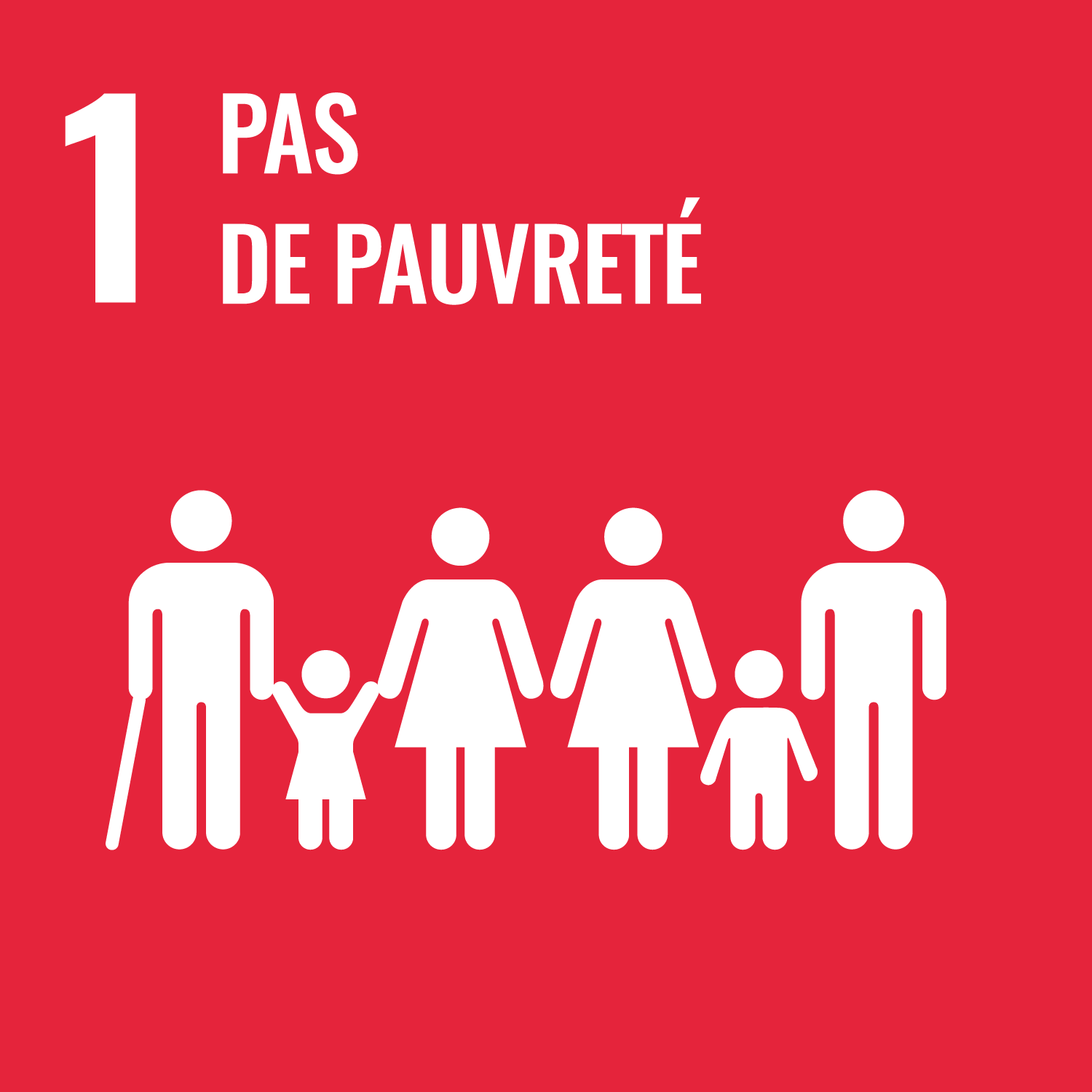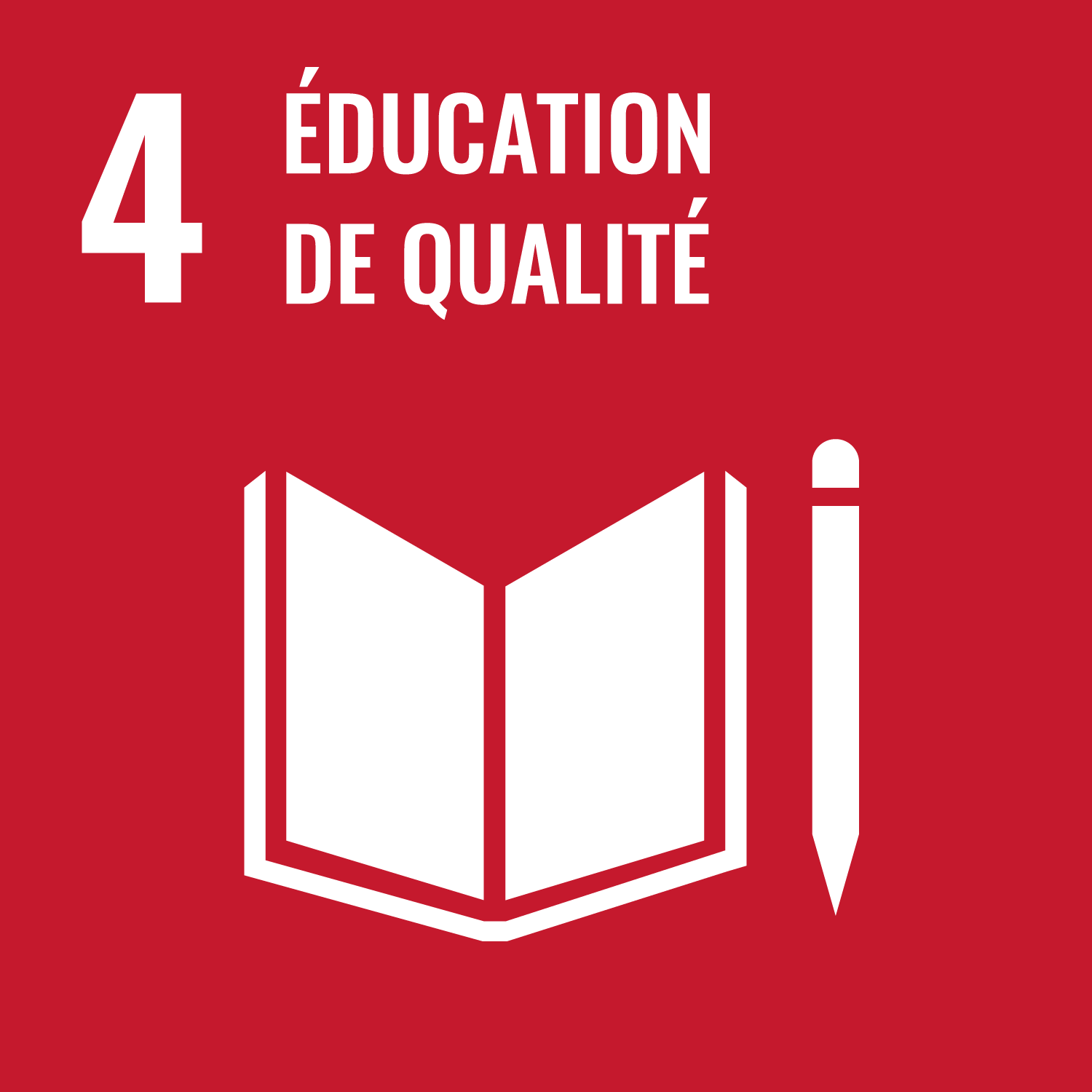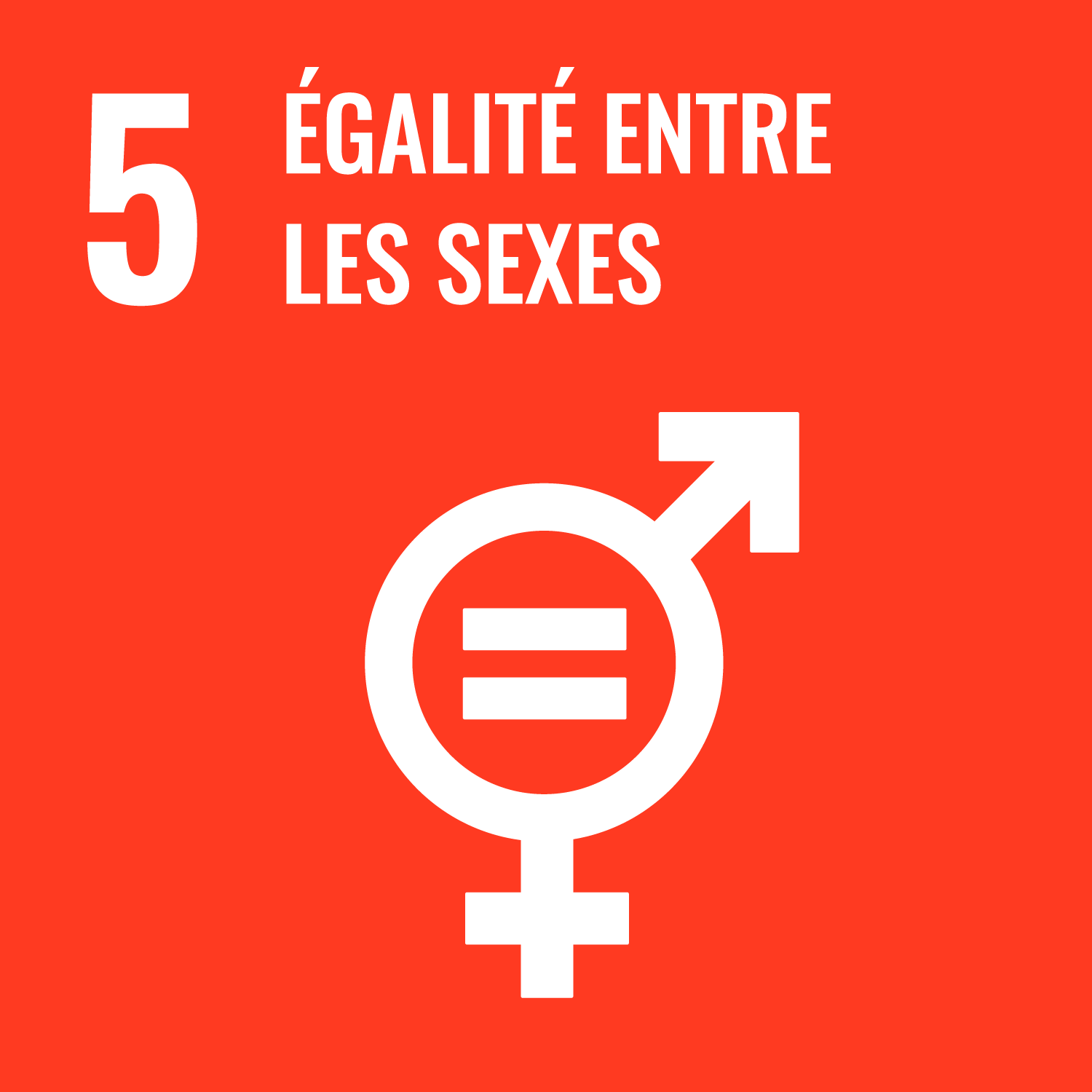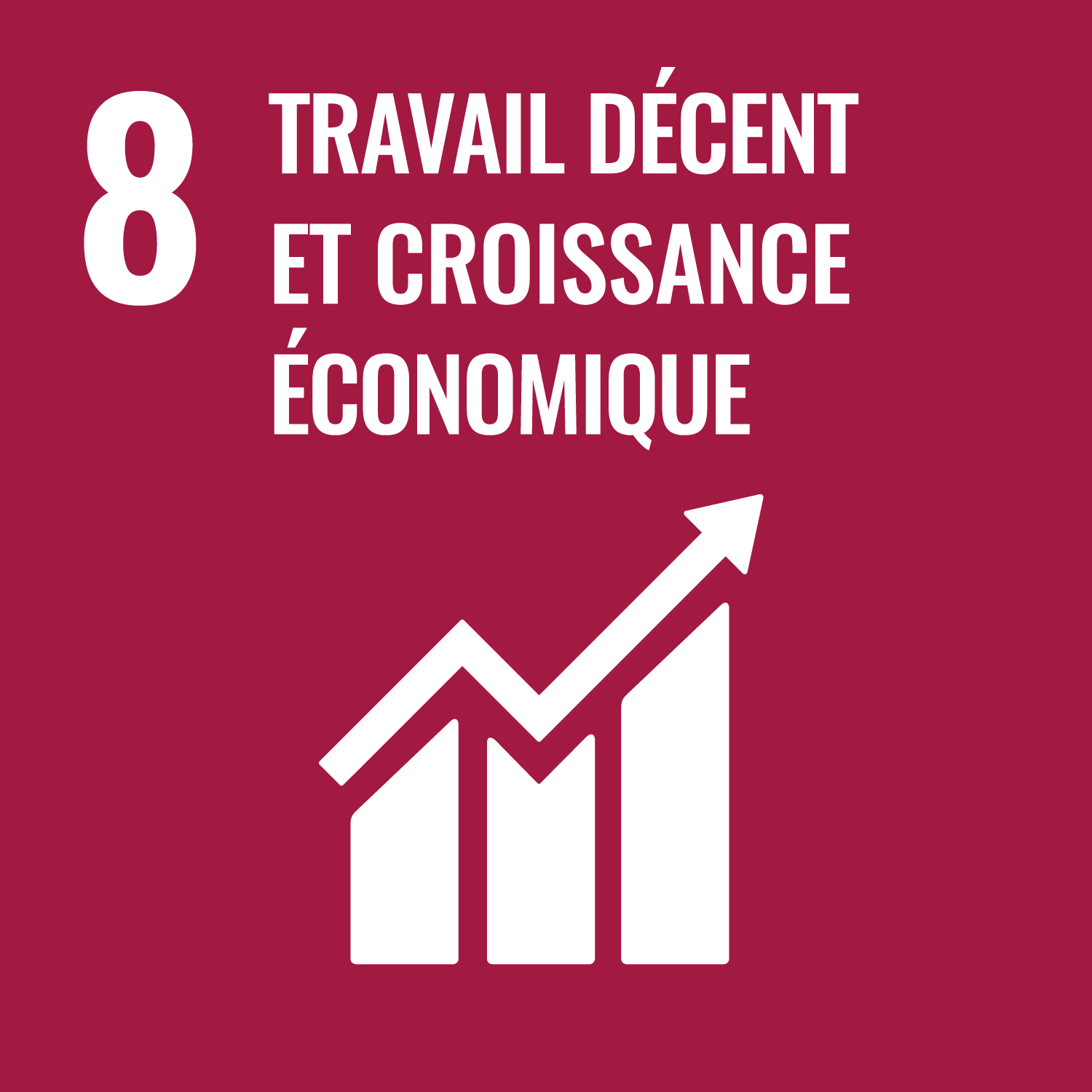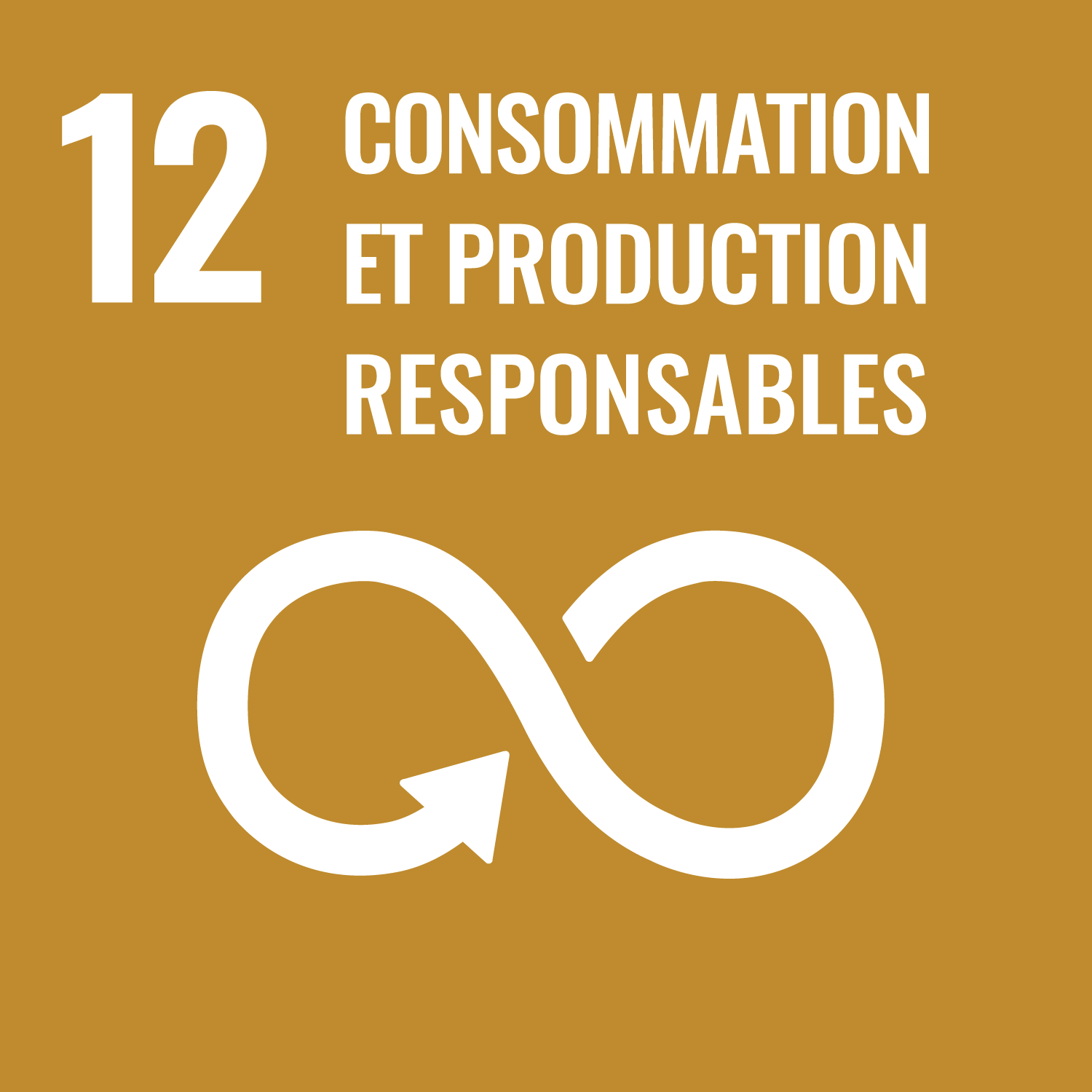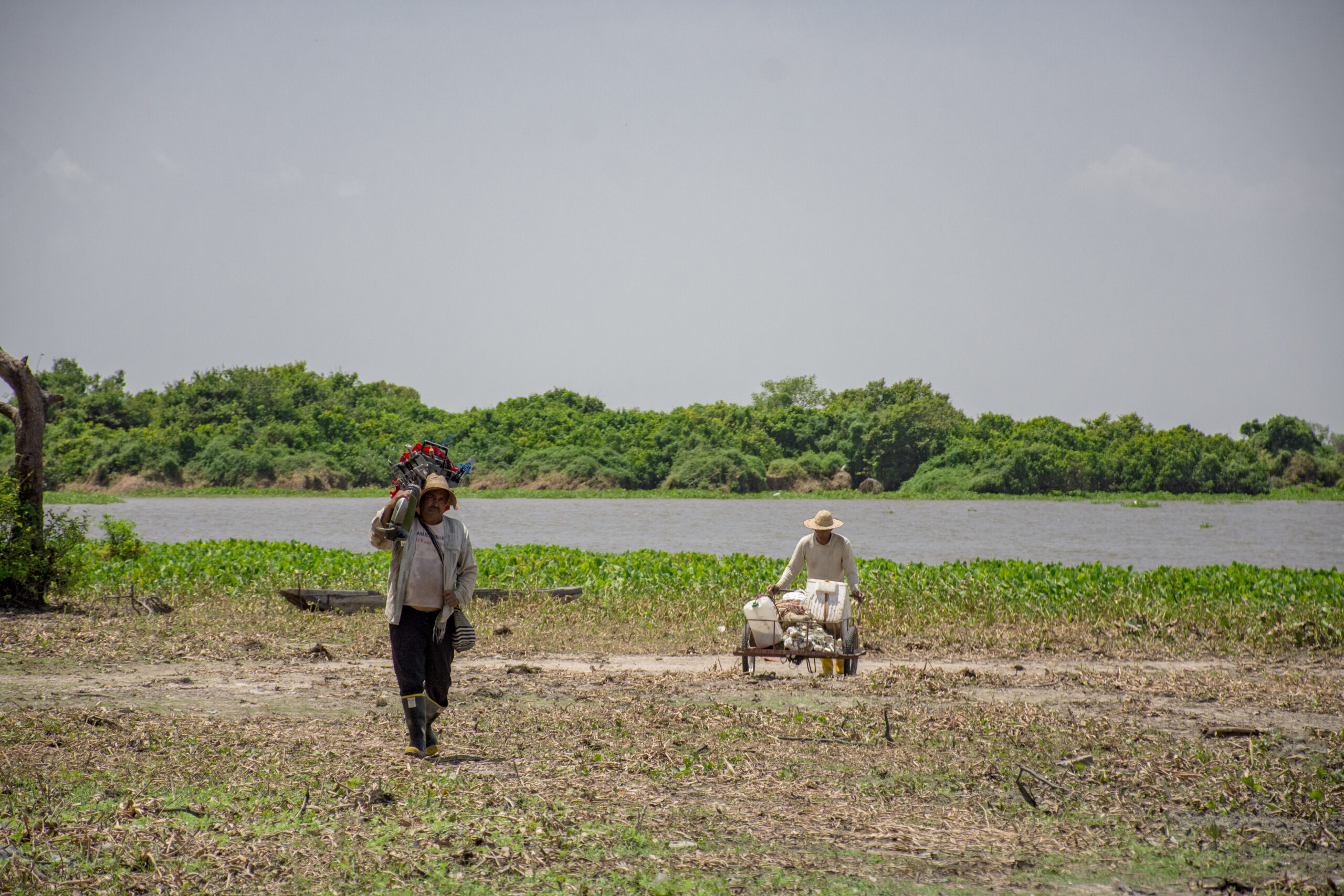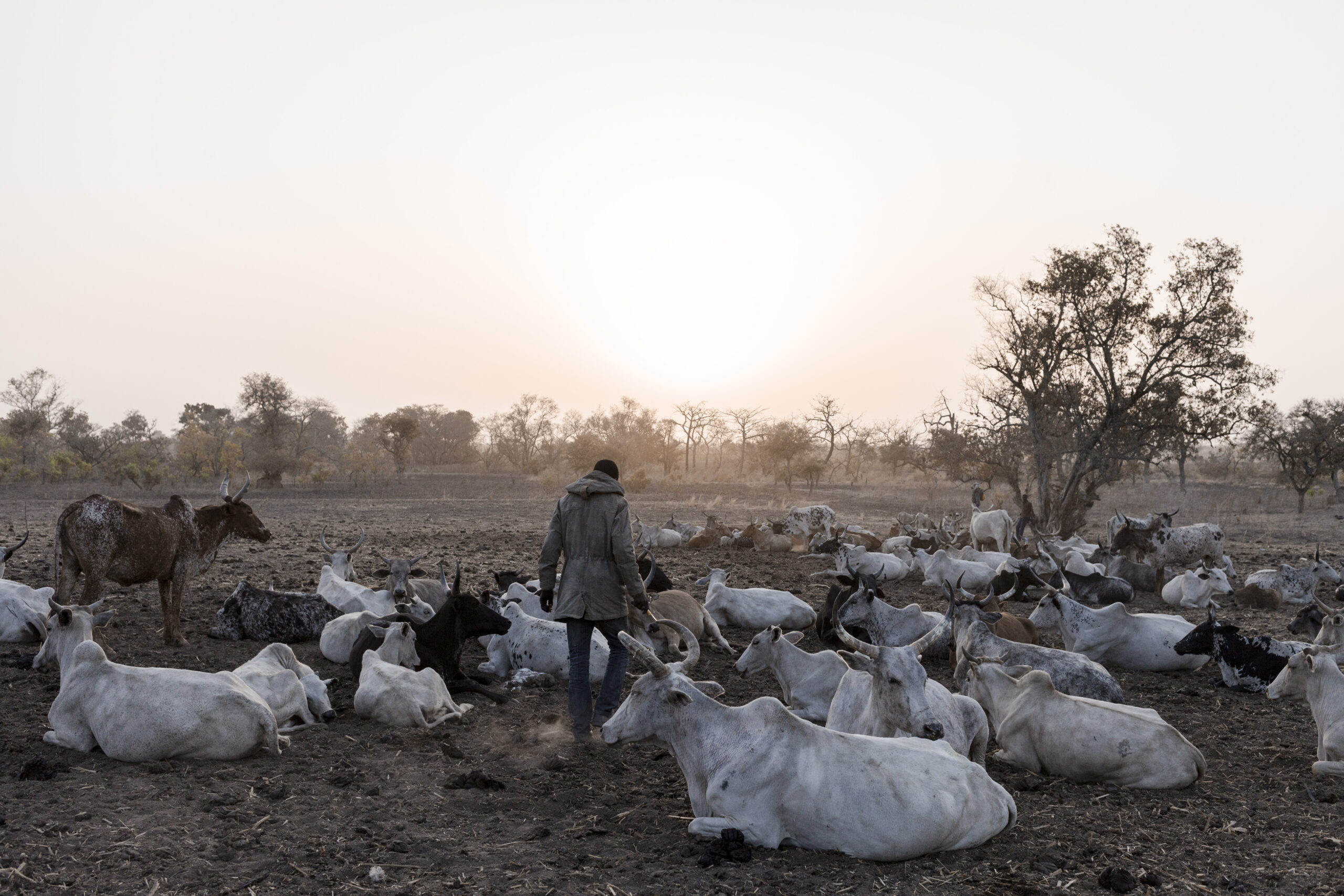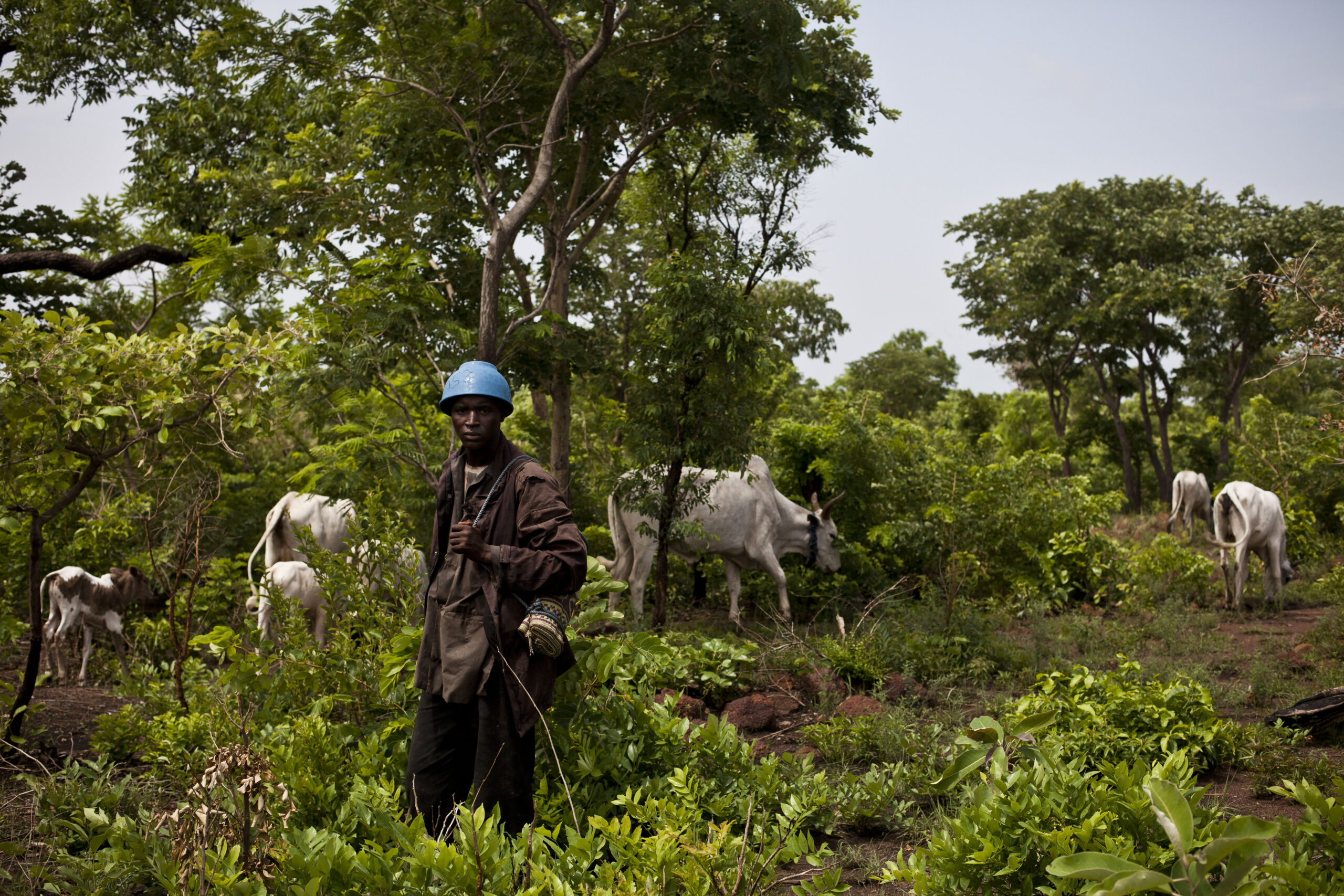– 180 young people between the ages of 16 and 25, at least 20% of whom are young women
– 120 young artisans
While West Africa’s strong economic growth (5%) offers encouraging prospects, every year more young people are entering a labour market characterized by the predominance of the informal sector (90% to 95% of jobs). Upstream of employment, the offer of formal vocational training is still limited. These difficulties are compounded by the constraints faced by learners: financial and geographical difficulties in accessing training, limited reception capacity of the centres, and difficulties in post-training professional integration.
PROJECT OVERVIEW
The overall objective of the project is to improve the economic and social development of craftsmen and young people in the areas of intervention in Mali, Togo and Benin. The specific objective of the project is to promote the professional integration of young people in the construction sector by: developing a new training offer; a monitoring and integration system; support for the development of territorial eco-construction sectors in the regions of Mopti (Mali), Kara and Savanes (Togo) and the departments of Atacora and Donga (Benin). The challenges: to facilitate access to vocational training for vulnerable young women and men; to diversify and strengthen the training offer in terms of its content (eco-construction), formats (long and short courses, diploma/qualification courses) and practical methods (field-school) in relation to the climatic challenges of eco-construction; to develop practical methods and a monitoring and integration system that encourages both professionalization and the involvement of private and public actors. Finally, thanks to this multi-country dynamic, the strengthening of South-South exchanges of skills will be facilitated.
OBJECTIVES
-
Articulate training-integration systems with territorial development dynamics.
-
Promote the professionalization of young people as well as the involvement of private and public actors in the integration process thanks to the
field-school and the monitoring and integration systems implemented. -
Develop eco-construction sectors by supporting craftsmen (equipment, training, etc.) and local authorities (technical assistance, co-financing).
-
Strengthening local NGO partners and multi-country exchanges.
KEY FIGURES AND RESULTS
- 90 young people are trained in masonry-ecoconstruction as part of a long diploma course (technical education) and 90 young people as part of a specialized short course (vocational education).
- 90% of young women and men complete the training and 80% graduate at the end of their training (CAP and BT).
- At least 260 young beneficiaries of post-training follow-up.
- At least 3 actions to support integration or strengthen skills carried out per territory in synergy with existing programmes and initiatives and at least one community or inter-community per territory integrates the use of local materials in its procurement procedures.
- 120 artisans benefit from support actions and/or capacity building.
